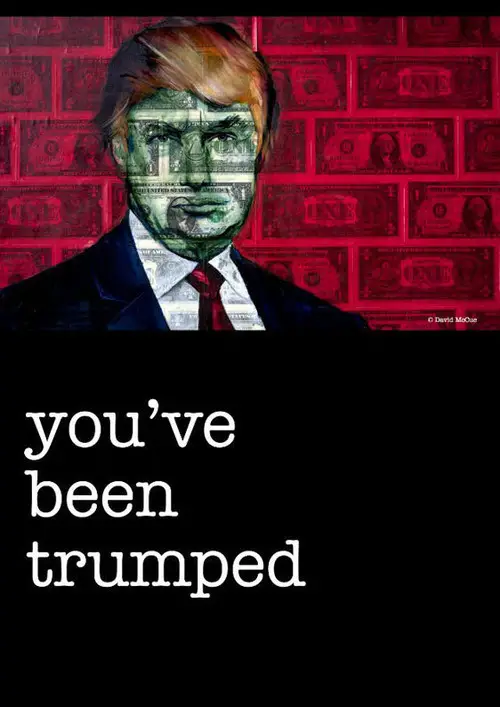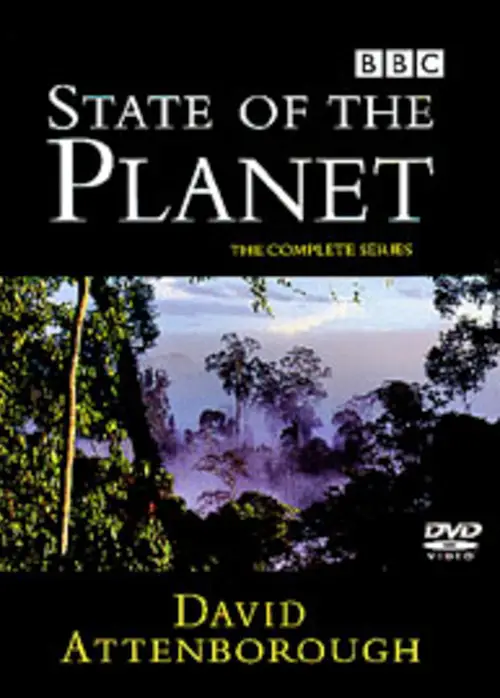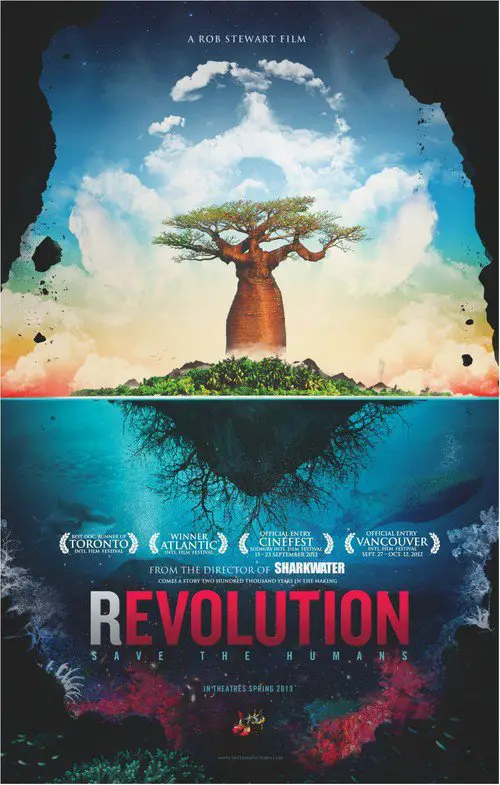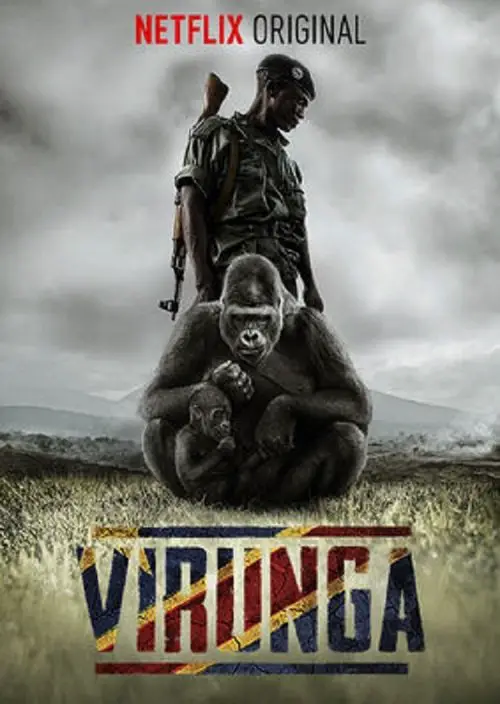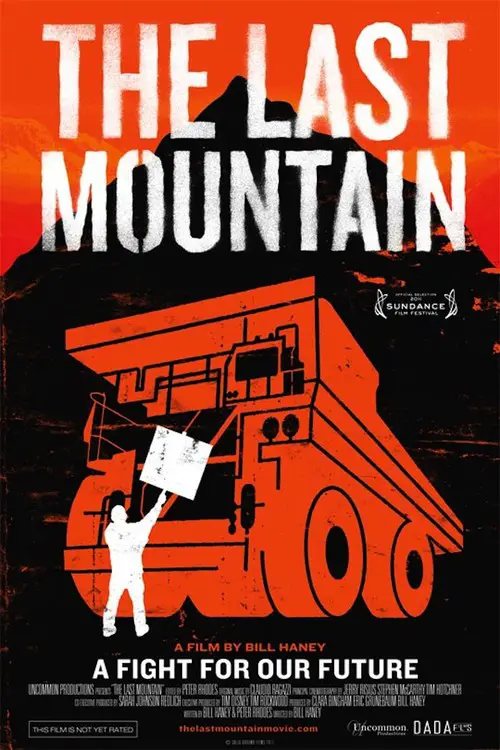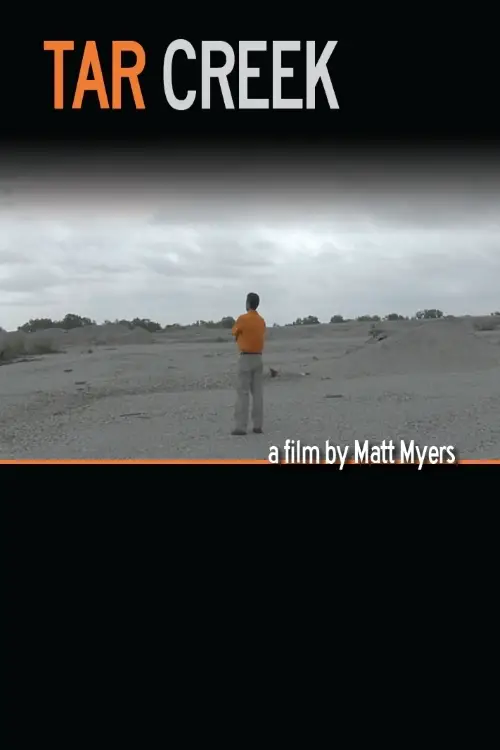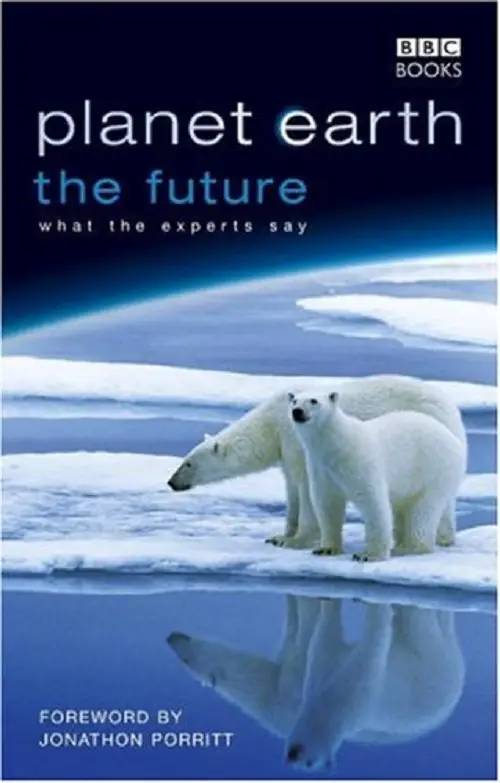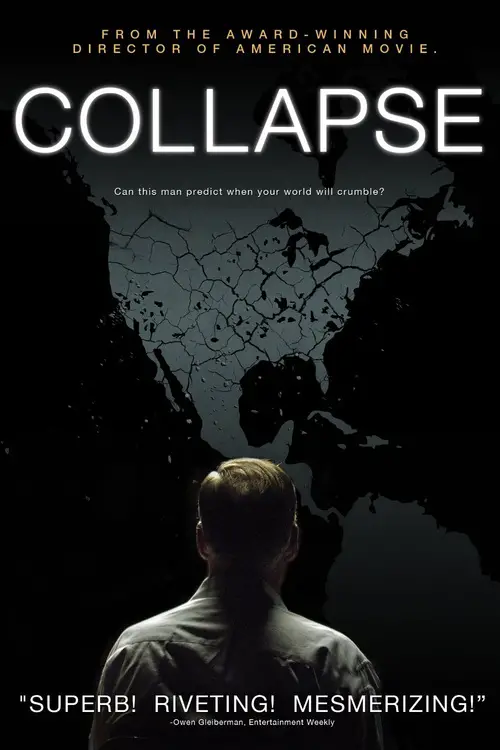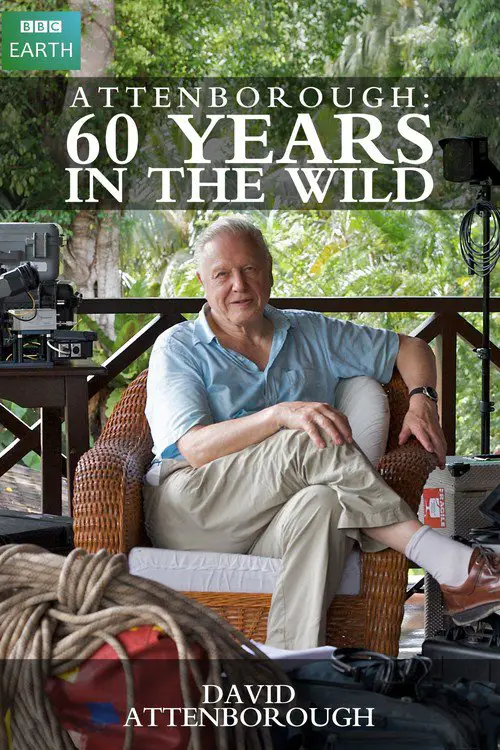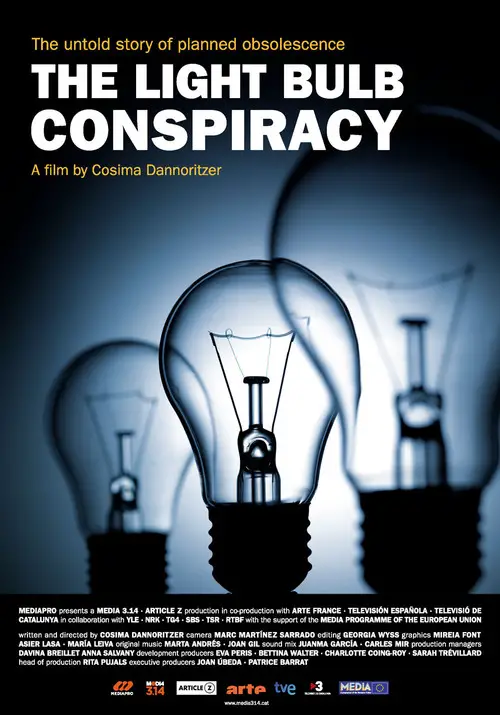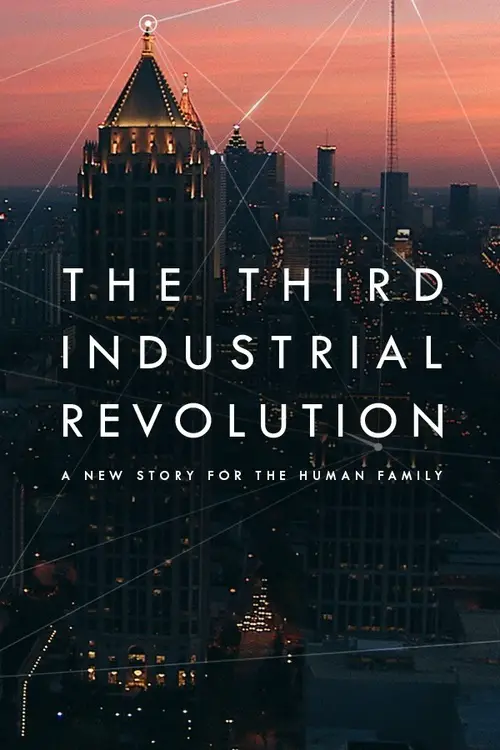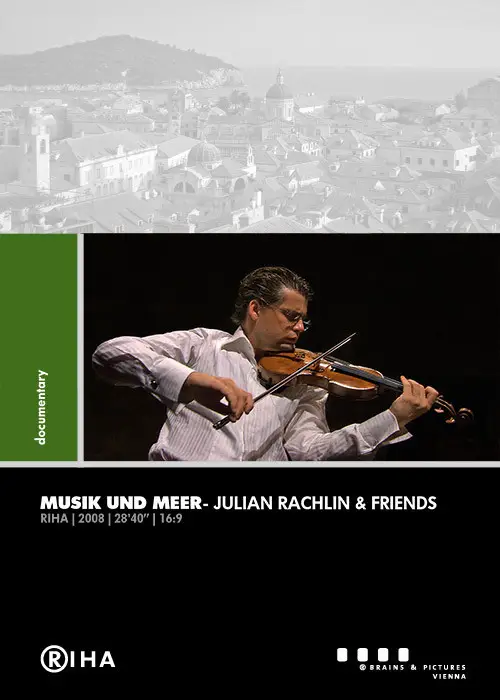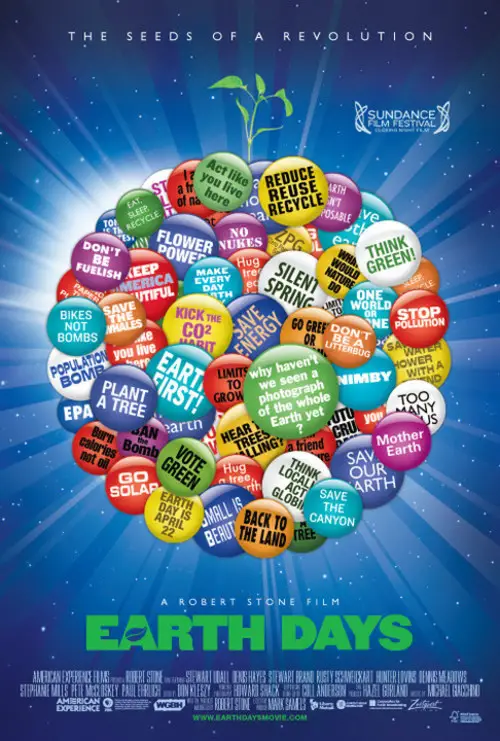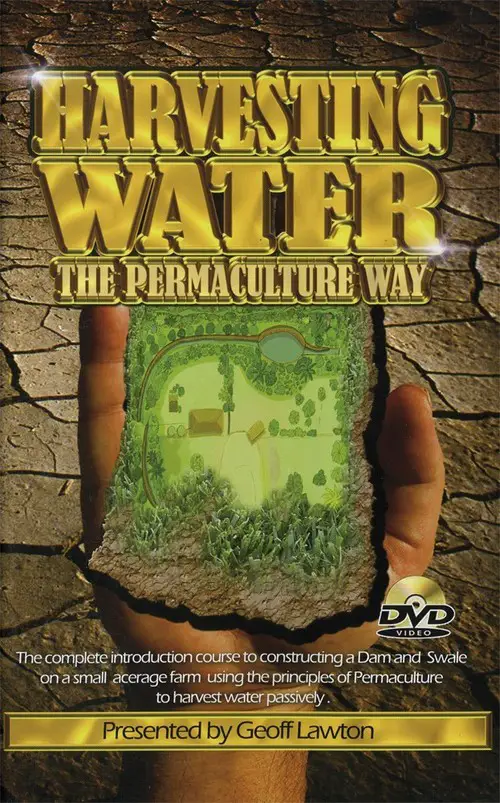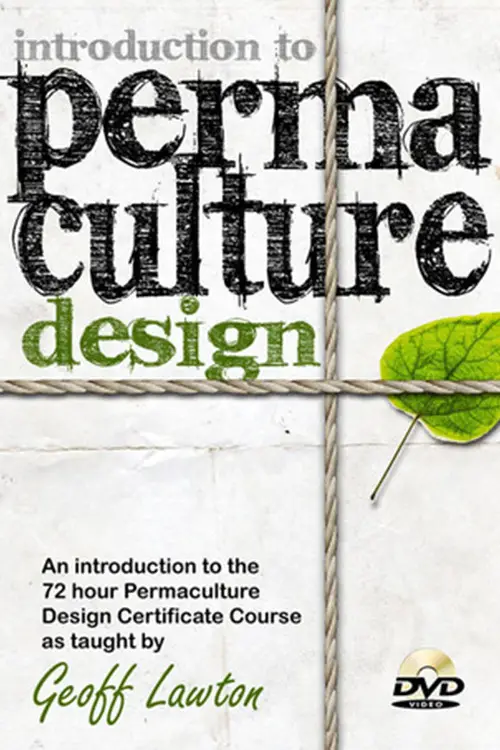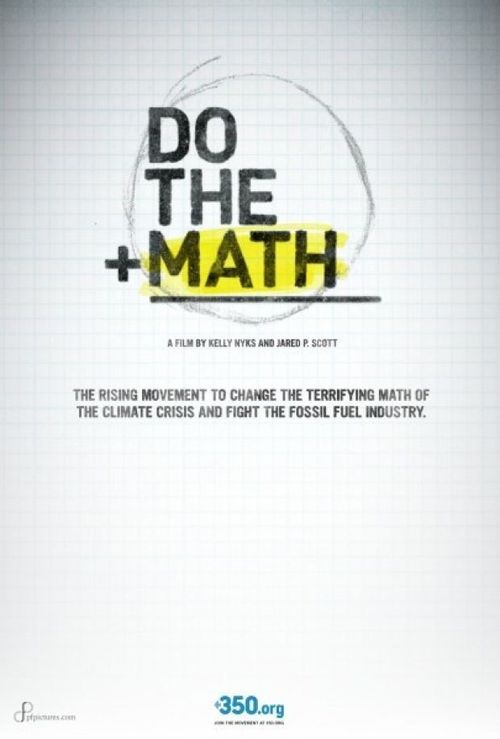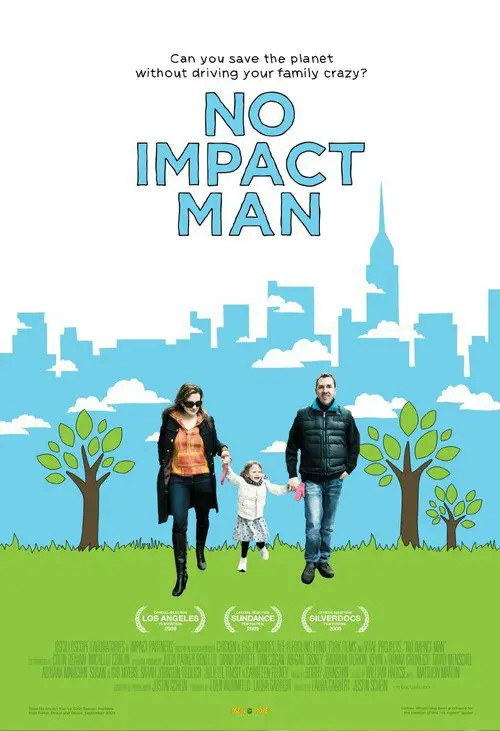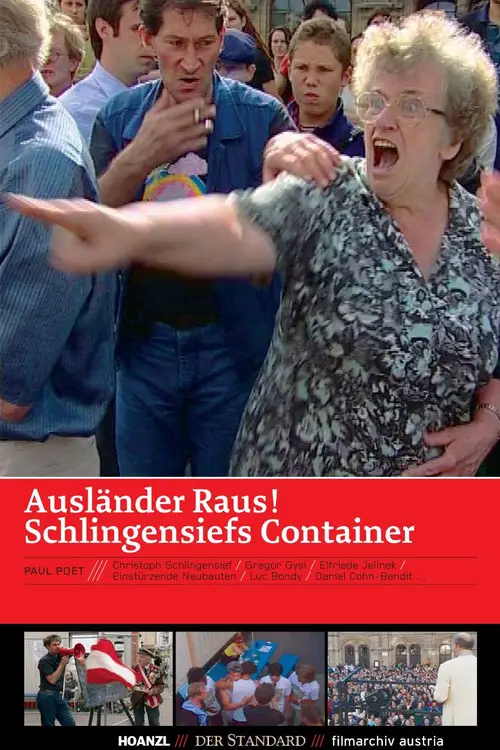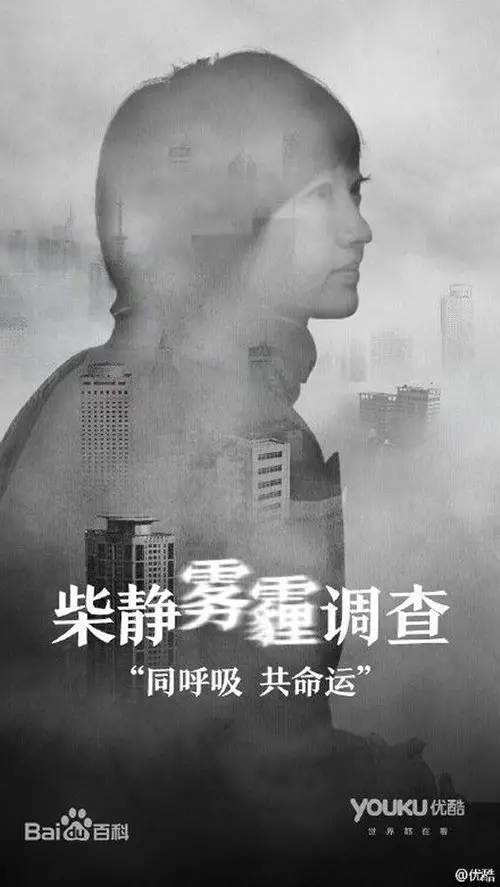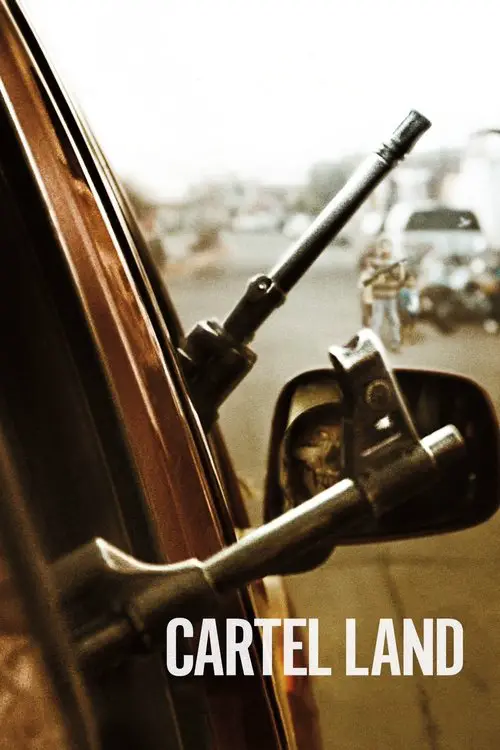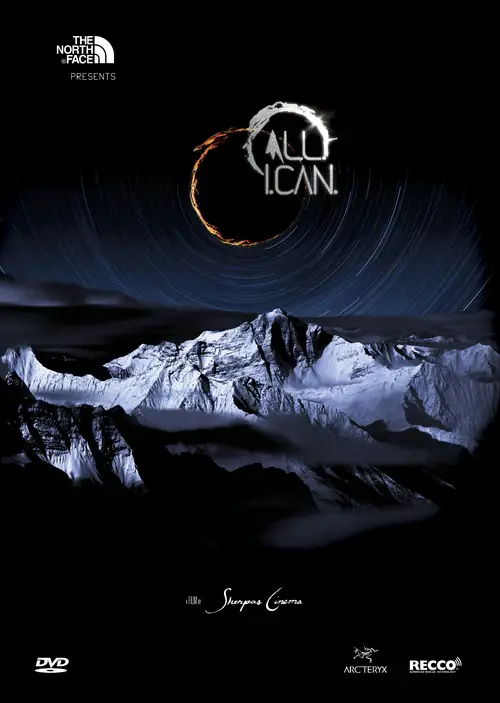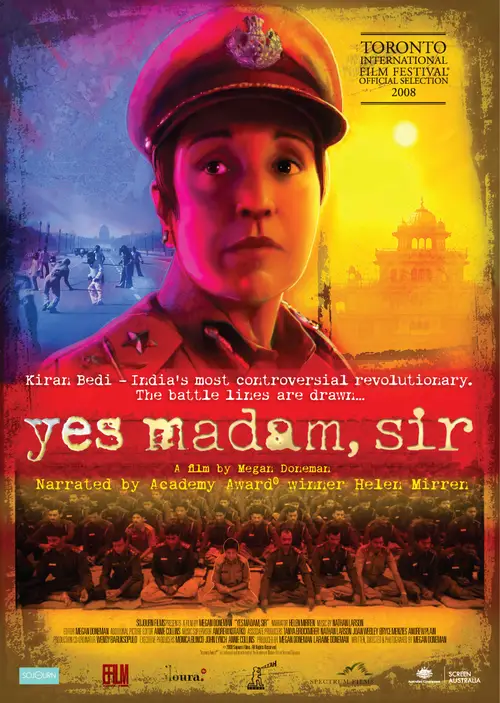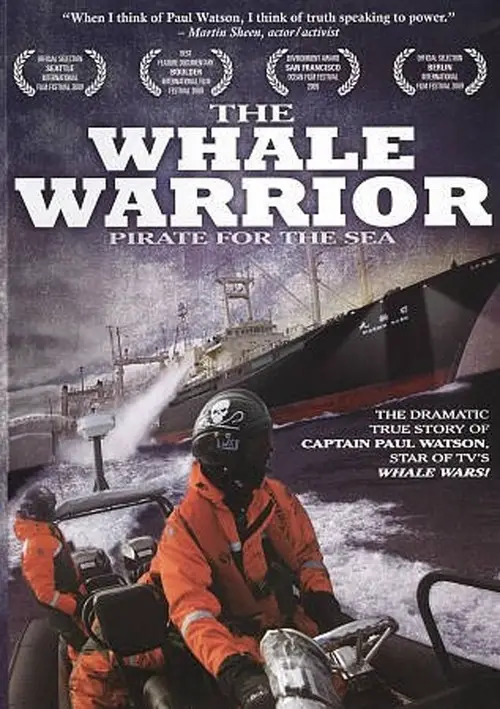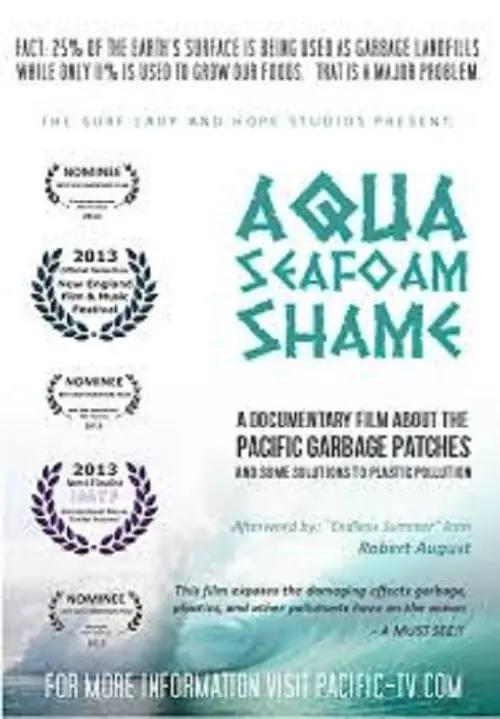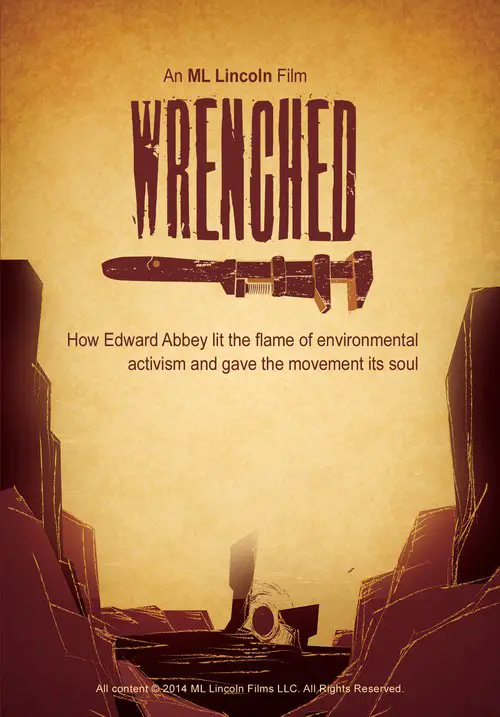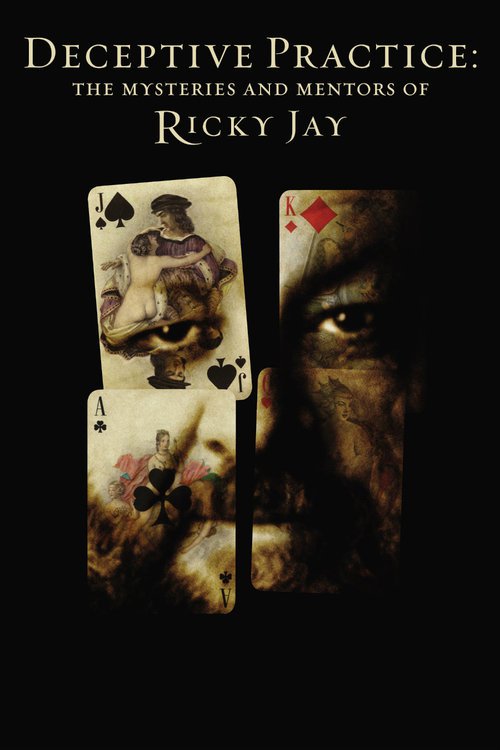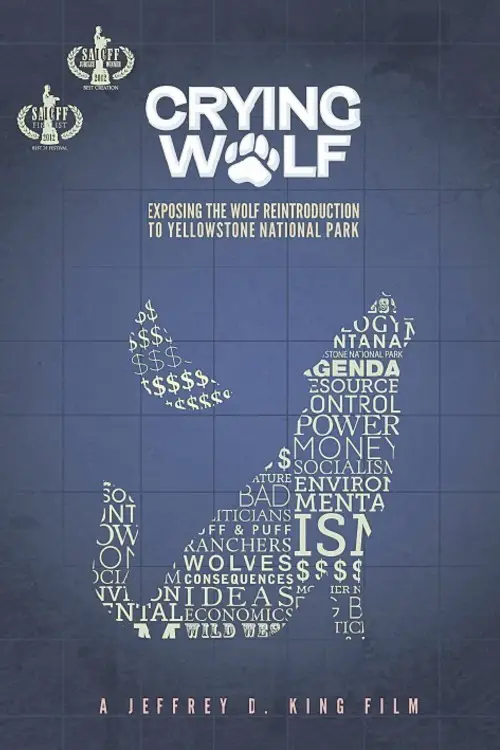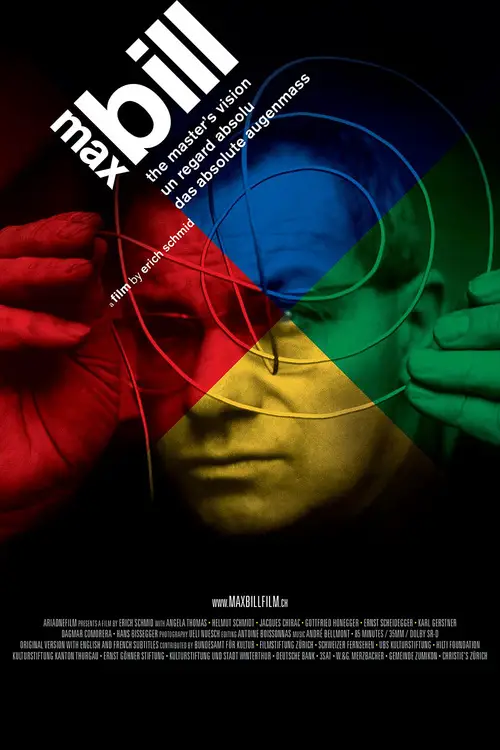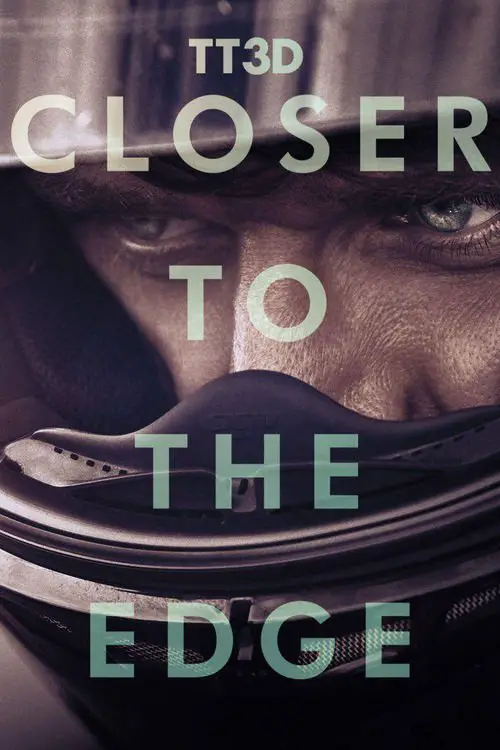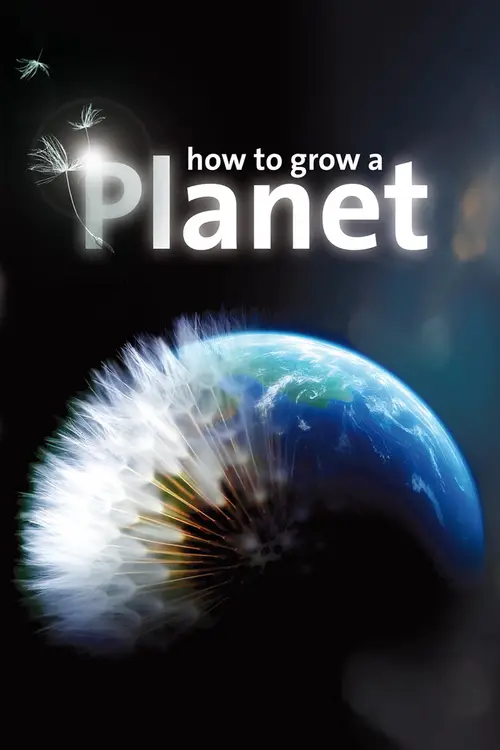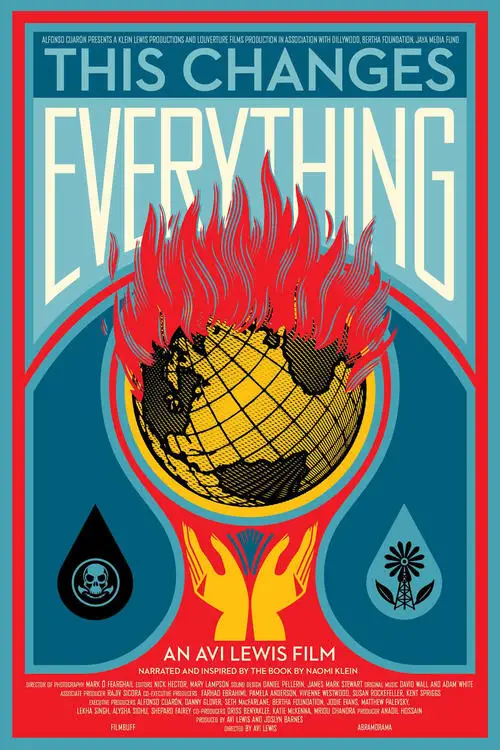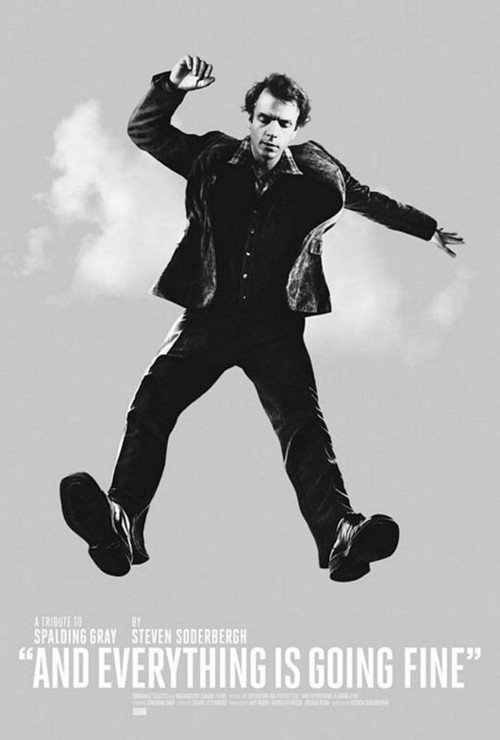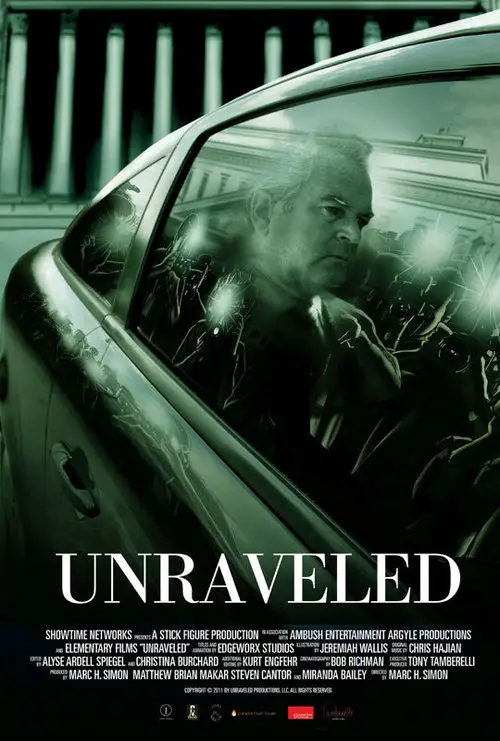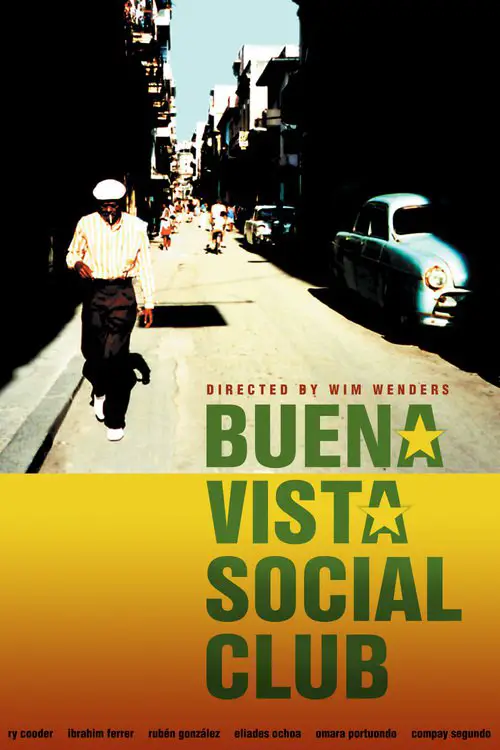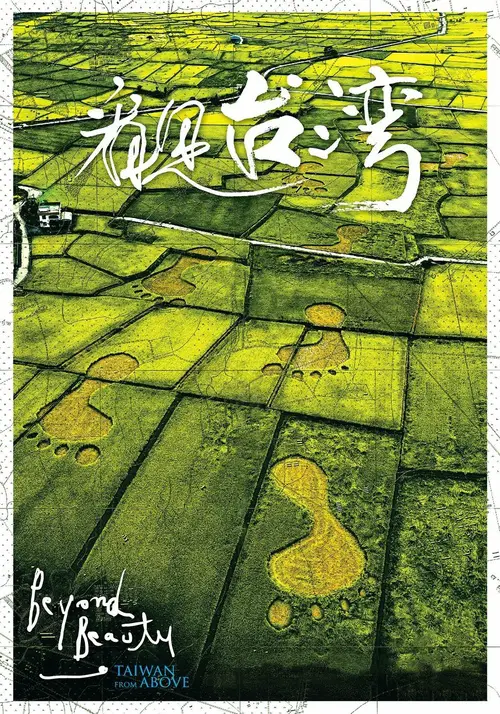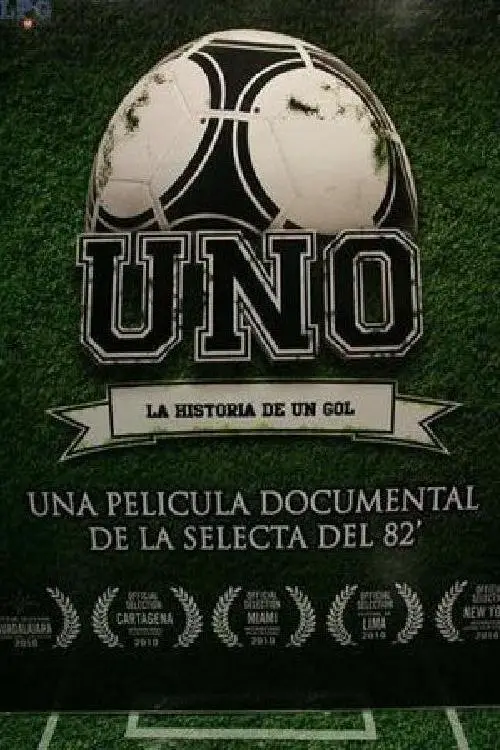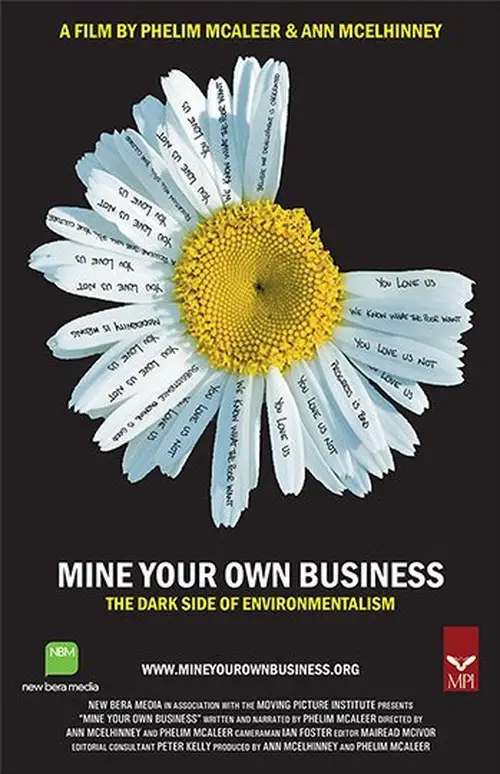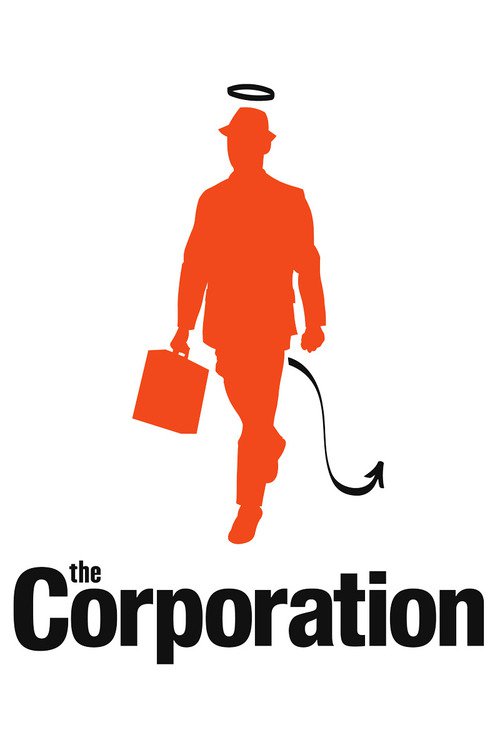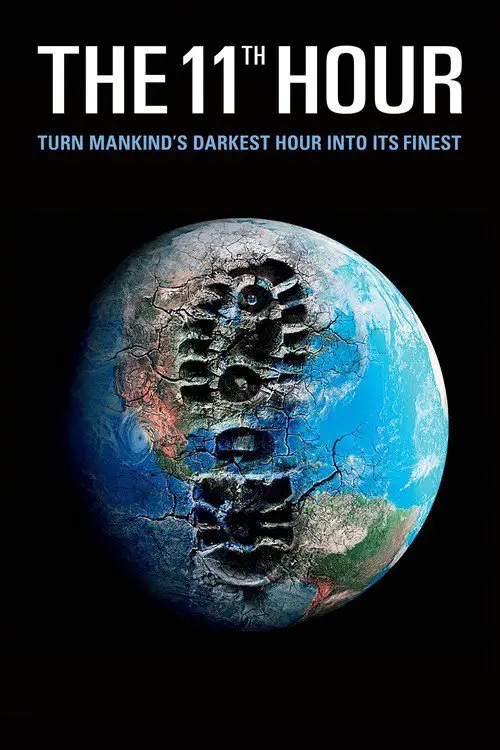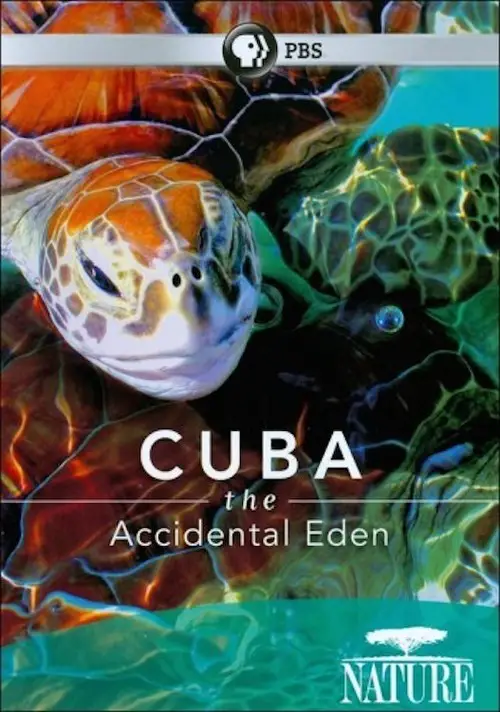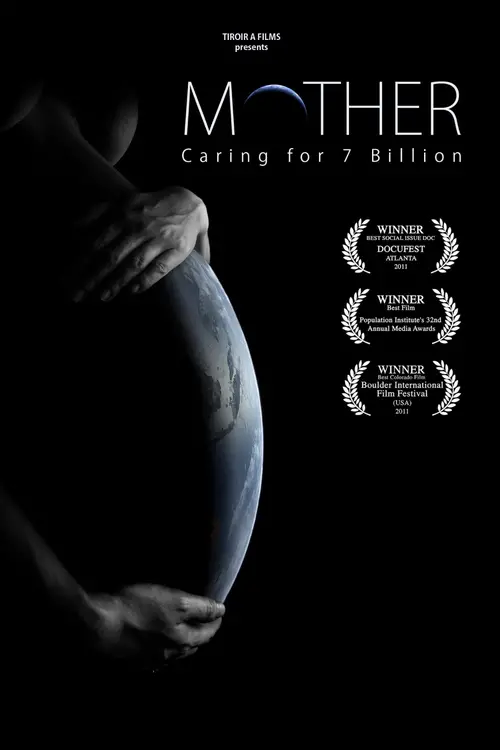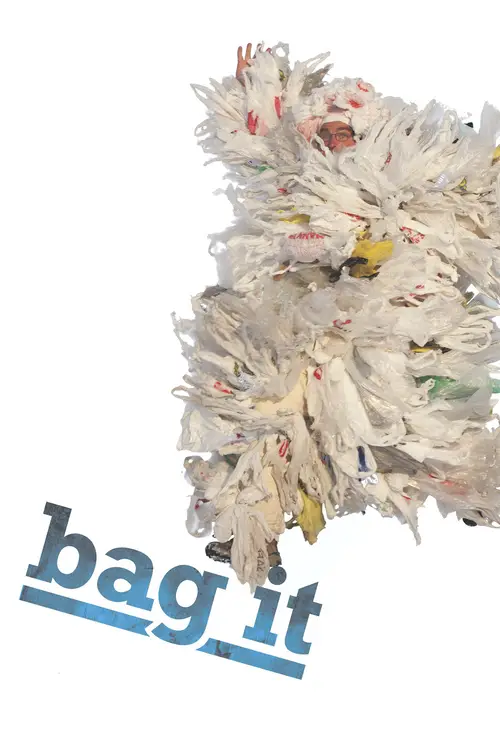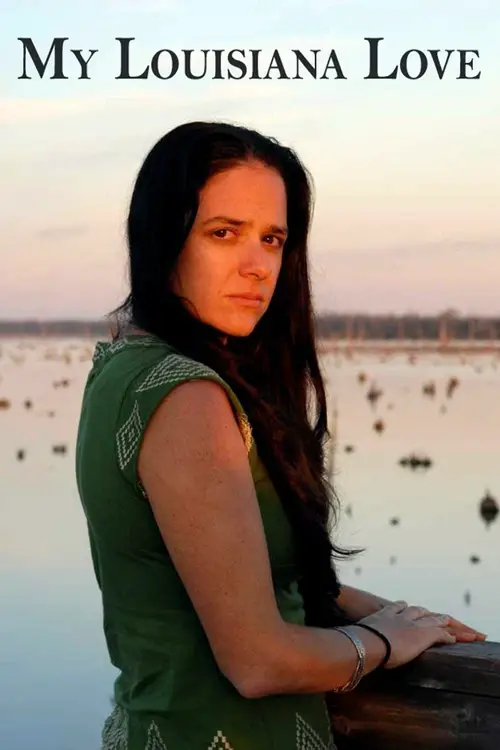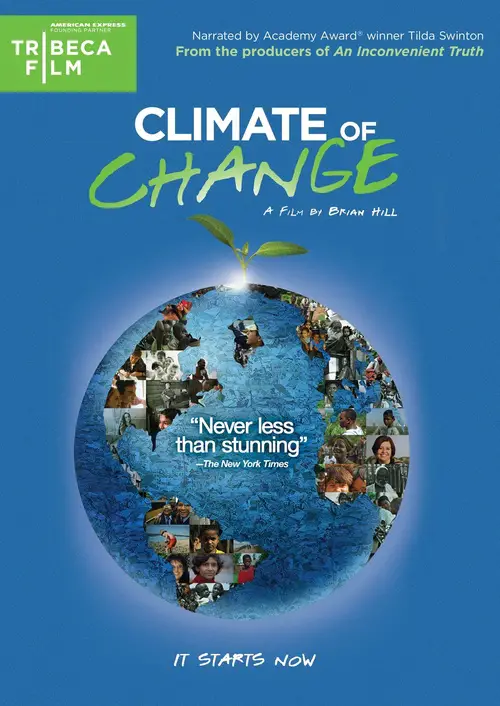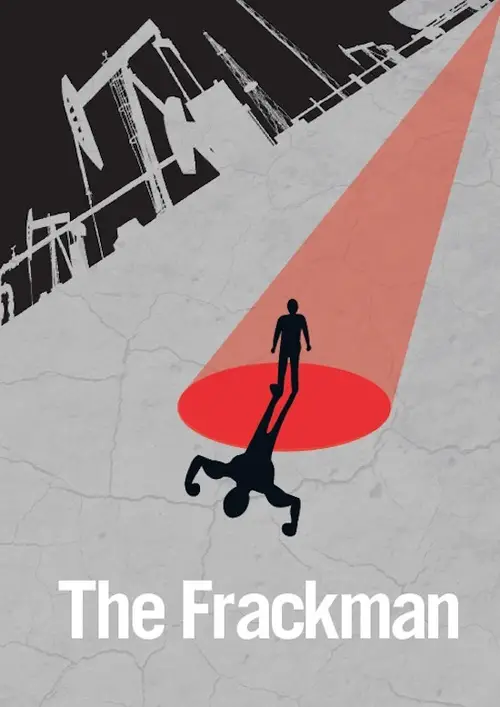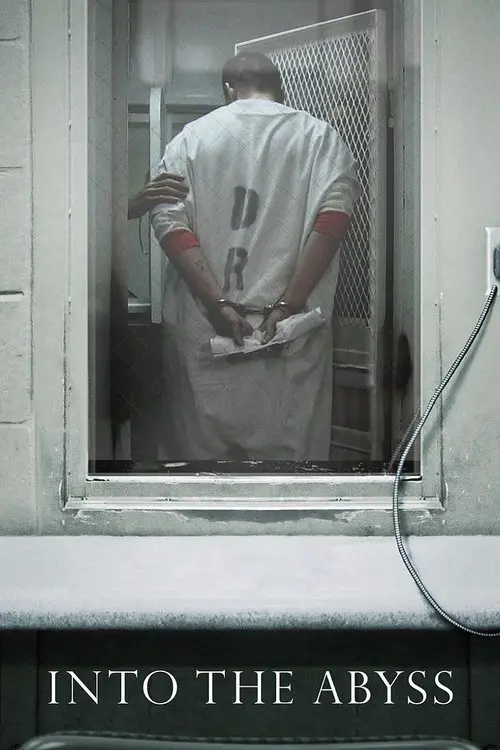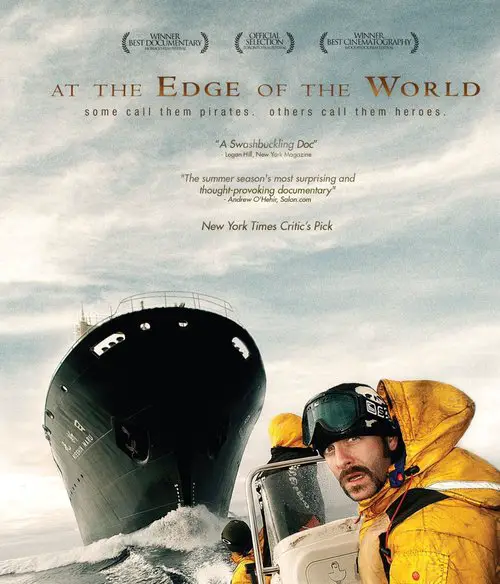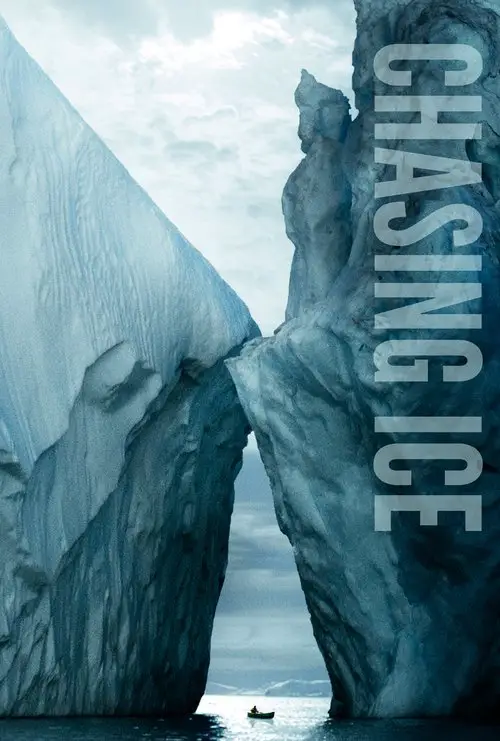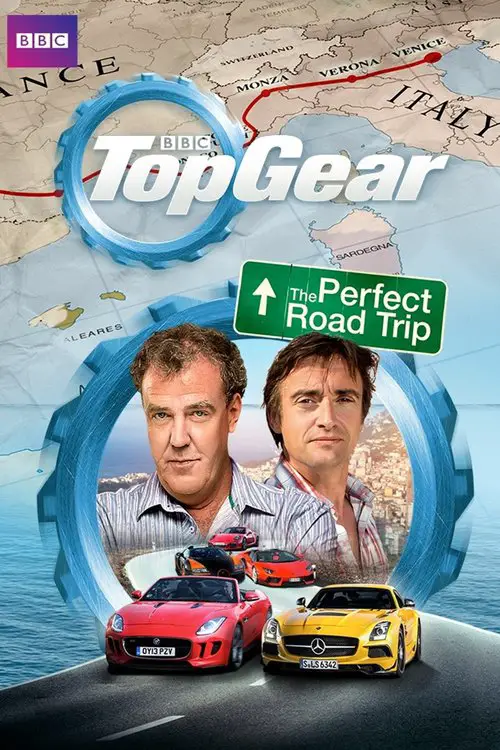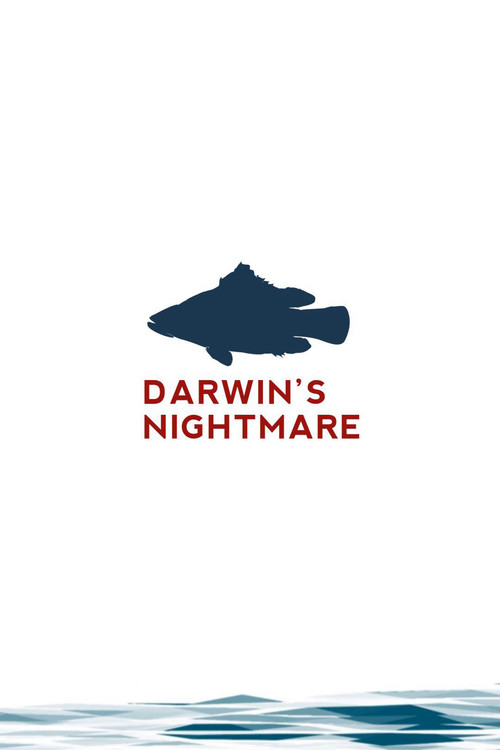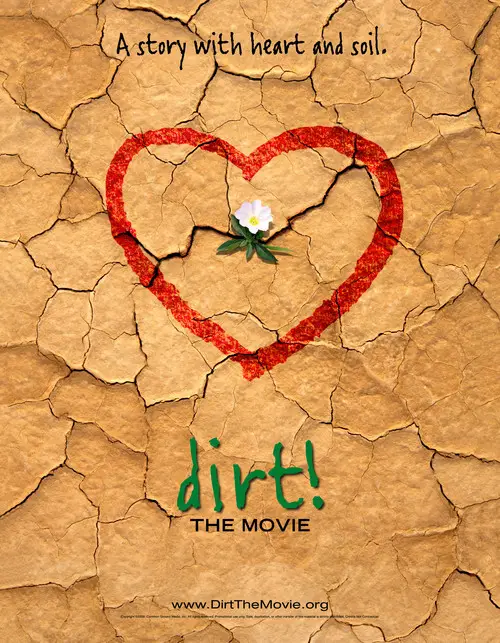A Dangerous Game (2014)
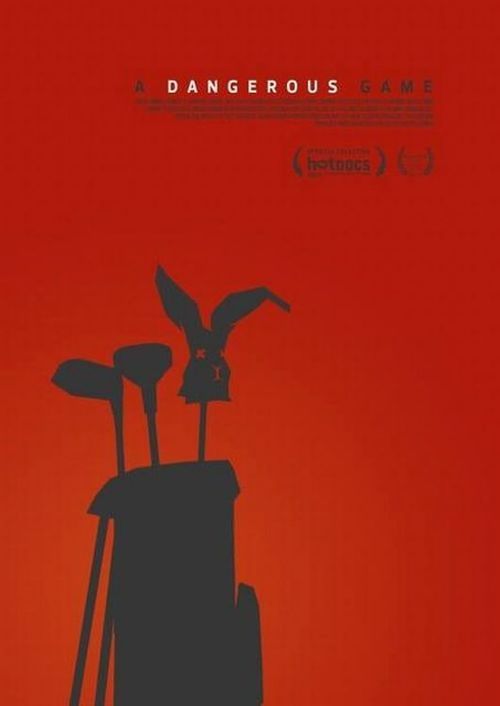
Similar movies
Revolution is a new movie from internationally-acclaimed filmmaker Rob Stewart. A follow-up to his award-winning documentary Sharkwater, this continues his remarkable journey of discovery to find out that what he thought was a shark problem is actually a people problem. As Stewart's battle to save sharks escalates, he uncovers grave dangers threatening not just sharks, but humanity. In an effort to uncover the truth and find the secret to saving our own species, Stewart embarks on a life-threatening adventure through 15 countries, over four years in the making. In the past four years the backdrop of ocean issues has changed completely. Saving sharks will be a pointless endeavor if we are losing everything else in the ocean, not just sharks. Burning fossil fuels is releasing carbon dioxide into the atmosphere; changing the oceans, changing atmospheric chemistry and altering our climate.
Virunga in the Democratic Republic of the Congo is Africaâs oldest national park, a UNESCO world heritage site, and a contested ground among insurgencies seeking to topple the government that see untold profits in the land. Among this ongoing power struggle, Virunga also happens to be the last natural habitat for the critically endangered mountain gorilla. The only thing standing in the way of the forces closing in around the gorillas: a handful of passionate park rangers and journalists fighting to secure the parkâs borders and expose the corruption of its enemies. Filled with shocking footage, and anchored by the surprisingly deep and gentle characters of the gorillas themselves, Virunga is a galvanizing call to action around an ongoing political and environmental crisis in the Congo.
In the valleys of Appalachia, a battle is being fought over a mountain, the consequences of which affect every American; it's a battle that has taken innocent lives and threatens to take more. It is a battle over protecting our health and environment from the destructive power of Big Coal. Mining and burning coal is at the epicenter of America's struggle to balance its energy needs with environmental and health concerns. Nowhere is that concern greater than in Coal River Valley, West Virginia, where a small but passionate group of ordinary citizens are trying to stop Big Coal corporations, like Massey Energy, from continuing the devastating practice of Mountain Top Removal.
Planet Earth: The Future is a 2006 BBC documentary miniseries on the environment and conservation, produced by the BBC Natural History Unit as a companion to the multi-award winning nature documentary Planet Earth. The programmes were originally broadcast on BBC Four immediately after the final three episodes of Planet Earth on BBC One. Each episode highlights the conservation issues surrounding some of the species and environments featured in Planet Earth, using interviews with the film-makers and eminent figures from the fields of science, conservation, politics, and theology. The programmes are narrated by Simon Poland and the series producer was Fergus Beeley.
From the acclaimed director of American Movie, the documentary follows former Los Angeles police officer turned independent reporter Michael Ruppert. He recounts his career as a radical thinker and spells out his apocalyptic vision of the future, spanning the crises in economics, energy, environment and more.
Once upon a time... consumer goods were built to last. Then, in the 1920âs, a group of businessmen realized that the longer their product lasted, the less money they made, thus Planned Obsolescence was born, and manufacturers have been engineering products to fail ever since.
Combining investigative research and rare archive footage with analysis by those working on ways to save both the economy and the environment, this documentary charts the creation of âengineering to failâ, its rise to prominence and its recent fall from grace.
The global economy is in crisis. Our biosphere's inability to absorb human activity, combined with the exhaustion of natural resources, declining productivity, slow growth, rising unemployment, and steep inequality, forces us to rethink our economic models. Where do we go from here? In this compelling feature-length documentary, social and economic theorist Jeremy Rifkin lays out a road map to usher in a new era of sustainable development. A Third Industrial Revolution will unfold when three technologies emerge and converge: new communication, new sources of energy, and new modes of mobility. But, in the context of climate change, it needs to happen fast. Change of this magnitude requires political will and a profound ideological shift.
In the year 2001 the acclaimed violin vituoso Julian Rachlin founded a festival of chamber music in Dubrovnik. He introduced a new and successful concept of gathering some of the most famous world musicians and letting them play the music that they personally enjoy. In 2008 the austrian filmmaker Georg Riha joined the festival to cinematically accompany the star violinist: Masterly, as usual, and in the highest aesthetics as well as in technical quality, he succeeded with this film composition to tape the magical atmosphere of the city at the sea and the relaxed artistic work of Julian Rachlin and his friends. See the Rectorâs Palace, rehearsals, the sea, conversations, sun and wind, concerts and a lot of fun.
Itâs simple math: we can burn less than 565 more gigatons of carbon dioxide and stay below 2°C of warming â anything more than that risks catastrophe for life on earth. The only problem? Fossil fuel corporations now have 2,795 gigatons in their reserves, five times the safe amount. And theyâre planning to burn it all â unless we rise up to stop them.
Humanityâs ascent is often measured by the speed of progress. But what if progress is actually spiraling us downwards, towards collapse? Ronald Wright, whose best-seller, âA Short History Of Progressâ inspired âSurviving Progressâ, shows how past civilizations were destroyed by âprogress trapsââalluring technologies and belief systems that serve immediate needs, but ransom the future. As pressure on the worldâs resources accelerates and financial elites bankrupt nations, can our globally-entwined civilization escape a final, catastrophic progress trap? With potent images and illuminating insights from thinkers who have probed our genes, our brains, and our social behaviour, this requiem to progress-as-usual also poses a challenge: to prove that making apes smarter isnât an evolutionary dead-end.
FOREIGNERS OUT! SCHLINGENSIEFS CONTAINER is a thrilling, insightful, funny chronicle and reflection of one of he biggest public pranks and acts of art terrorism ever committed. Austria 2000: Right after the FPà under Jörg Haider had become part of the government, the first time an extreme right wing party became state officials after WW2, infamous German shock director Christoph Schlingensief showed a very unique form of protest. Realising public xenophobia and the new hate politics in the most drastic ways possible, he installed a public concentration camp right in the middle of Vienna's touristic heart, right beside the picturesque opera where hundreds of tourists and locals pass by daily. And it was no concentration camp you had ever feared to return from the old times, but one that cynically reflected our new multimedia culture. Satirising reality TV shows, "Big Brother" especially, a dozen asylum seekers were surveilled by a multitude of cameras, could be fed and watched by.
In the Mexican state of Michoacán, Dr. Jose Mireles, a small-town physician known as "El Doctor," shepherds a citizen uprising against the Knights Templar, the violent drug cartel that has wreaked havoc on the region for years. Meanwhile, in Arizona's Altar Valleyâa narrow, 52-mile-long desert corridor known as Cocaine AlleyâTim "Nailer" Foley, an American veteran, heads a small paramilitary group called Arizona Border Recon, whose goal is to halt Mexicoâs drug wars from seeping across our border.
The time has come for a ski film that stands for something. Join us as we unite spectacular cinematography with creative cinematic language to fuse our passion for skiing with our potential to help the environment. In bringing the planet to life and drawing parallels between our daily existence, we find common ground between the global situation and the real individual. Epic natural cinematography, ground breaking skiing from Chile to Greenland, and an environmental engagement that creates an accessible identification point for the viewer, leaving them with an inspiring new perspective.
"Go Further" explores the idea that the single individual is the key to large-scale transformational change. The film follows actor Woody Harrelson as he takes a small group of friends on a bio-fueled bus-ride down the Pacific Coast Highway. Their goal? To show the people they encounter that there are viable alternatives.
A documentary on Paul Watson, who takes the law into his own hands on the open seas, confronting, by any nonviolent means necessary, the hunters who indiscriminately slaughter whales, seals and sharks, along with complicit governments and environmental organizations. Written by Anonymous "Pirate for the Sea" is a biographical film of Captain Paul Watson, the youngest founding member of Greenpeace Canada. He organized early campaigns protesting the killing of seals, whales, and dolphins. Greenpeace ejected him for being too much of an activist. Starting his own organization, the Sea Shepherd Conservation Society, he went on to sink illegal whaling ships, stopped Canadian seal hunts for ten years, permanently halted sealing in British Isles, killing of dolphins on Iki Island, Japan, etc. This documentary witnesses his latest campaigns and explores the personal and environmental history of this controversial marine conservationist. Written by R.C.
If Michael Moore were a lady who went after companies who still produce plastic, when the Pacific Garbage Patch is now the size of the continental United States. This Pacific Ocean Trash Vortex by Hawai'i is a more serious issue than any war, economic, or ecologic crisis facing the planet today. We hereby document the process by which conscientious companies, some because of our encouragement, switch from plastic to a more sustainable alternative. A David and Goliath project by night; Sisyphus by day.
His life in shambles after youthful dreams of becoming a golf champion yield disappointing results, bored stock exchange worker Seungwan receives a second chance at success after a freak accident puts his life back on track. Severely beaten after inexplicably angering local mob boss Ma Gangseong, Seungwan passes out after meeting a man who appears to be his clone. Upon regaining consciousness, Seungwan learns that the life he knew is no more; he is no longer a miserable failure, but a famous golf champion. Though his marriage had been heading down a rocky road for some time, his new found success and passion finds him and his wife Jiyeong falling back in love. Though everything suddenly seems to be falling into place for Seungwan, an upcoming golf championship threatens to unravel his ideal world unless he is able to pull it all together for one shot at a life of happiness.
In 1995 and '96 the decision was made by the United States Fish and Wildlife Service to transplant wolves from their homeland in Canada and release them in Yellowstone National Park and central Idaho. The agency, along with many environmental and animal rights groups, praised the decision: it was almost as though they were triumphantly heralding the return of some unjustly banished royalty. But their real triumph was that, by elevating animal over man once again, they were given access to tens of millions of dollars and greater control over both private and public property. Putting wolves in Yellowstone was never about saving wolves or balancing ecosystems. There was another agenda. One they would not reveal to the American public, but would see through, no matter how far they had to bend the rules, no matter how much they had to steal, no matter how bad they had to lie, no matter the cost. And they did it. Whatâs done is done. And nobody has ever looked back since⦠â¦Until now.
The film about Max Bill (1908-1994) moves between the dynamic fields of art, aesthetics and politics. Max Bill was probably the most important swiss artist of the 20th century and the most famous student to come out of the legendary Bauhaus in Dessau. He was an ardent anti-fascist and all his avant-garde work as an artist, sculptor, architect and typographer showed a social responsibility and environmental awareness right through his life. His views have become incredibly topical.
By vividly recounting the TT's legendary rivalries and the Isle of Man's unique road racing history, this 3D feature documentary discovers why modern TT riders still risk their lives to win the world's most dangerous race. The Isle of Man Tourist Trophy is the greatest motorcycle road race in the world, the ultimate challenge for rider and machine. It has always called for a commitment far beyond any other racing event, and many have made the ultimate sacrifice in their quest for victory. A story about freedom of choice, the strength of human spirit and the will to win. It's also an examination of what motivates those rare few, this elite band of brothers who risk everything to win.
Geologist Ian Stewart explain in three stages of natural history the crucial interaction of our very planet's physiology and its unique wildlife. Biological evolution is largely driven bu adaptation to conditions such as climate, soil and irrigation, but biotopes were also shaped by wildlife changing earth's surface and climate significantly, even disregarding human activity.
From the first time he performed Swimming to Cambodia - the one-man account of his experience of making the 1984 film The Killing Fields - Spalding Gray made the art of the monologue his own. Drawing unstintingly on the most intimate aspects of his own life, his shows were vibrant, hilarious and moving. His death came tragically early, in 2004; this compilation of interview and performance footage nails his idiosyncratic and irreplaceable brilliance.
Just days before Bernard Madoff captured headlines as the largest Ponzi schemer in U.S. history, Marc Dreier, a prominent Manhattan attorney, was arrested for orchestrating a massive fraud scheme that netted hundreds of millions of dollars from hedge funds. Brazen forgeries and impersonations branded the white collar crime spree remarkable. "Unraveled" is set in the purgatory of house arrest -- an Upper East Side penthouse -- where the Court has ordered Dreier confined until his sentencing day. The film weaves Dreier's struggle to prepare for the possibility of life imprisonment with first-person flashbacks, which reveal his audacious path of destruction. Destroyed by his own hubris, Dreier attempts to grasp his tragic unraveling. With unprecedented access, "Unraveled" exposes a mastermind of criminal deception.
In this fascinating Oscar-nominated documentary, American guitarist Ry Cooder brings together a group of legendary Cuban folk musicians (some in their 90s) to record a Grammy-winning CD in their native city of Havana. The result is a spectacular compilation of concert footage from the group's gigs in Amsterdam and New York City's famed Carnegie Hall, with director Wim Wenders capturing not only the music -- but also the musicians' life stories.
The atomic bomb, the specter of a global nuclear holocaust, and disasters like Fukushima have made nuclear energy synonymous with the darkest nightmares of the modern world. But what if everyone has nuclear power wrong? What if people knew that there are reactors that are self-sustaining and fully controllable and ones that require no waste disposal? What if nuclear power is the only energy source that has the ability to stop climate change?
In the early 1980s, at the beginning of what would become a 12-year-long civil war, El Salvador's talented football team was one national institution upon which both the left and the right could agree. When the team pulled off a stunning 1-0 upset against Mexico and qualified to compete in the 1982 World Cup, it was a high point for the tiny country's national pride. Unfortunately, the team's Cinderella story devolved into a nightmarish farce. A corrupt national soccer federation robbed players of their pay and equipment. The team's opening match resulted in a 10-1 loss, still the worst defeat in World Cup history. And yet, Salvadoran players and fans still find much to be proud of in this David-and-Goliath sports story, one of endurance amid adversity.
Mine Your Own Business is a 2006 documentary film directed and produced by Phelim McAleer and Ann McElhinney about the RoÈia MontanÄ mining project. The film asserts that environmentalists' opposition to the mine is unsympathetic to the needs and desires of the locals, prevents industrial progress, and consequently locks the people of the area into lives of poverty. The film claims that the majority of the people of the village support the mine, and the investment in their hometown. The film presents foreign environmentalists as alien agents opposed to progress, while residents are depicted as eagerly awaiting the new opportunity.
A look at the state of the global environment including visionary and practical solutions for restoring the planet's ecosystems. Featuring ongoing dialogues of experts from all over the world, including former Soviet Prime Minister Mikhail Gorbachev, renowned scientist Stephen Hawking, former head of the CIA R. James Woolse
Cuba's political and economic exile has yielded a startling upside: A pristine island preserve boasting one of the most diverse and primordial ecosystems in the region. But how will nature fare if the U.S. trade embargo ends and tourists pour in? This episode of the PBS series observes jumping crocodiles, painted snails and other famed residents while profiling the unsung scientists who are studying and protecting the creatures' idyllic habitats.
Mother, the film, breaks a 40-year taboo by bringing to light an issue that silently fuels our largest environmental, humanitarian and social crises - population growth. Since the 1960s the world population has nearly doubled, adding more than 3 billion people. At the same time, talking about population has become politically incorrect because of the sensitivity of the issues surrounding the topic- religion, economics, family planning and gender inequality. The film illustrates both the over consumption and the inequity side of the population issue by following Beth, a mother, a child-rights activist and the last sibling of a large American family of twelve, as she discovers the thorny complexities of the population dilemma and highlights a different path to solve it.
An average guy makes a resolution to stop using plastic bags at the grocery store. Little does he know that this simple decision will change his life completely. He comes to the conclusion that our consumptive use of plastic has finally caught up to us, and looks at what we can do about it. Today. Right now.
My Louisiana Love follows a young Native American woman, Monique Verdin, as she returns to Southeast Louisiana to reunite with her Houma Indian family. But soon she sees that her peopleâs traditional way of life- fishing, trapping, and hunting these fragile wetlandsâ is threatened by a cycle of man-made environmental crises. As Louisiana is devastated by Hurricane Katrina and Rita and then the BP oil leak, Monique finds herself turning to environmental activism. She documents her familyâs struggle to stay close to the land despite the cycle of disasters and the rapidly disappearing coastline. The film looks at the complex and uneven relationship between the oil industry and the indigenous community of the Mississippi Delta. In this intimate documentary portrait, Monique must overcome the loss of her house, her father, and her partner â and redefine the meaning of home. Her story is both unique and frighteningly familiar.
"We are the renters of this world, not its masters," reminds Pooshkar, a precocious 13-year-old member of a youth environmental defense group in India. He and his fellow voraciously energetic students actively rally against the use of plastics. In Africa, a renaissance man teaches citizens to harness solar power to cook food. In Papua New Guinea, villagers practice sustainable logging to save their rainforests. A woman in London uses her PR savvy to start a successful environmental communications firm. Self-described "hillbillies" in Appalachia battle the big business behind strip mining. In this rich and inspiring documentary, director Brian Hill takes us around the world to find the ordinary people taking action in the fight to save our environment.
Werner Herzogâs documentary film about the âGrizzly Manâ Timothy Treadwell and what the thirteen summers in a National Park in Alaska were like in one manâs attempt to protect the grizzly bears. The film is full of unique images and a look into the spirit of a man who sacrificed himself for nature.
Frackman tells the story of accidental activist Dayne Pratzky and his struggle against international gas companies. Australia will soon become the world's biggest gas exporter as more than 30,000 'fracked' wells are sunk in the state of Queensland where Dayne lives. He and his neighbours have unwittingly become the centre of a massive industrial landscape and they have no legal right to stop mining on their land. Dayne embarks on a journey that transforms him from conservative pig-shooter to sophisticated global activist as the Frackman. He meets the people drawn into a battle that is crossing the ideological divide, bringing together a peculiar alliance of farmers, activists and political conservatives. Along the way Dayne encounters love, tragedy and triumph.
Legendary filmmaker Werner Herzog returns with INTO THE ABYSS: A TALE OF DEATH, A TALE OF LIFE, a riveting examination of a horrible crime which probes the human psyche to explore why people kill--and why the state kills. In intimate conversations with those involved, including 28-year-old death row inmate Michael Perry (who was scheduled to die eight days after his interview with Herzog), the filmmaker achieves what he describes as "a gaze into the abyss of the human soul." As he's so often done before, Herzog's investigation unveils layers of humanity, making an enlightening trip out of ominous territory.
At the Edge of the World chronicles the controversial Sea Shepherd Antarctic Campaign against a Japanese whaling fleet. The international volunteer crew, under-trained and under-equipped, develop a combination of bizarre and brilliant tactics with which to stop the whalers. But first they must find the Japanese ships, a far more difficult challenge than ever imagined - long-time activist Paul Watson and first-time captain Alex Cornelissen employ an array of strategies in the hopes of finding an elusive adversary in the vast expanse of the Ross Sea. With one ship (the Farley Mowat) too slow to chase down the whaling fleet, with their second ship (the Robert Hunter) unsuited for Antarctic ice conditions and with no country supporting their efforts to enforce international law, the situation becomes increasingly desperate. Against all odds, however, a real-life pirate tale unfolds - a modern-day "David vs. Goliath" adventure.
When National Geographic photographer James Balog asked, âHow can one take a picture of climate change?â his attention was immediately drawn to ice. Soon he was asked to do a cover story on glaciers that became the most popular and well-read piece in the magazine during the last five years. But for Balog, that story marked the beginning of a much larger and longer-term project that would reach epic proportions.
The aim: to select the ideal mode of transport for each leg of a pilgrimage from Venice, Italy to Pau in France â home to a legendary street circuit and the origins of Grand Prix racing. On the way we prepare by taking to the track at Monza â the home of Italian Formula One. We try to get noticed on the road course in Monaco in a Bugatti, a Lamborghini and a Model T Ford. After cruising the canals in Venice we take to the tarmac and things look good - thanks to the Ferrari F12 Berlinetta and Mercedes SLS Black. Throw in a Pagani Huayra, Porsche Cayman S and a GT3 as well as the Aston Martin Vanquish centenary edition, Bentley V8 convertible, Rolls Royce Phantom coupe and the face-bending BAC Mono all seems pretty perfect to us.
A look at man's relationship with Dirt. Dirt has given us food, shelter, fuel, medicine, ceramics, flowers, cosmetics and color --everything needed for our survival. For most of the last ten thousand years we humans understood our intimate bond with dirt and the rest of nature. We took care of the soils that took care of us. But, over time, we lost that connection. We turned dirt into something "dirty." In doing so, we transform the skin of the earth into a hellish and dangerous landscape for all life on earth. A millennial shift in consciousness about the environment offers a beacon of hope - and practical solutions.
© Valossa 2015–2026
| Privacy Policy
